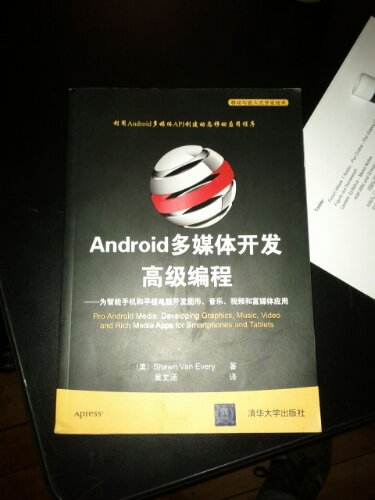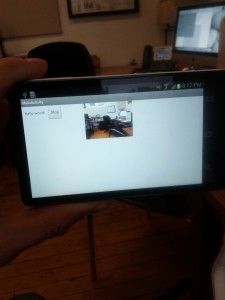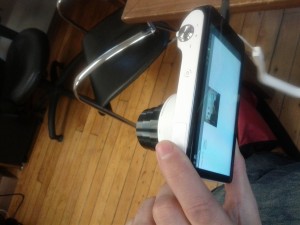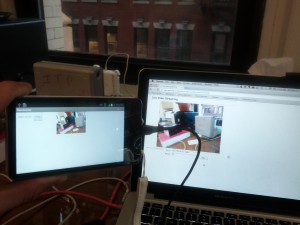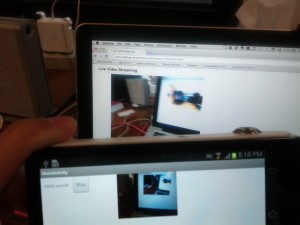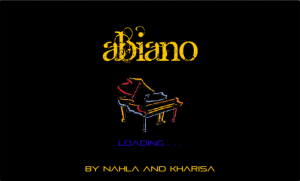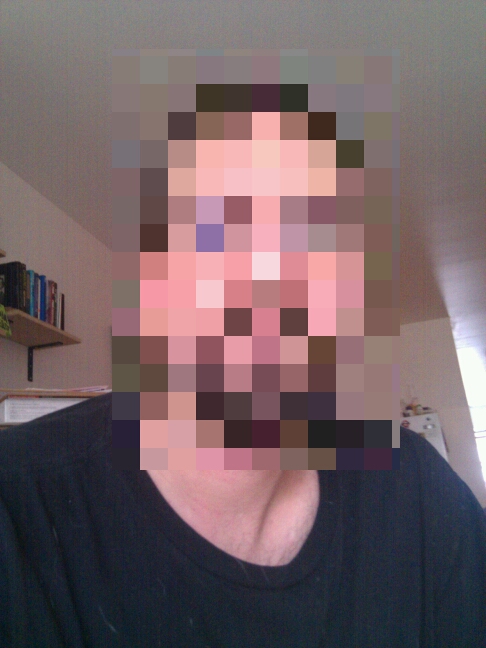Having recently had a chance to get hacky with Google Glass, I put together an app that I have been wanting for quite a while. For now it is called Circular Buffer. Essentially it is a 15 to 20 circular frame buffer (Glass camera preview frames). Taping on the “Save” button writes out the frames to an MP4 with H.264 video using JavaCV giving you a video file with the last 15 or 20 seconds #throughglass. (Right now the video files do not have sound and are stored on the “sdcard” of the device. That means that you have to connect via USB and use the “adb” tool to download the files.)
This is a “native” Android app rather than the approved of method of writing Glass apps using the Mirror API. In order to use it, you have to either launch it through the Android developer tools (adb) or install “launchy” (https://github.com/kaze0/launchy).
Interested in trying it out or building on it, go for it: https://github.com/vanevery/Circular-Buffer.
